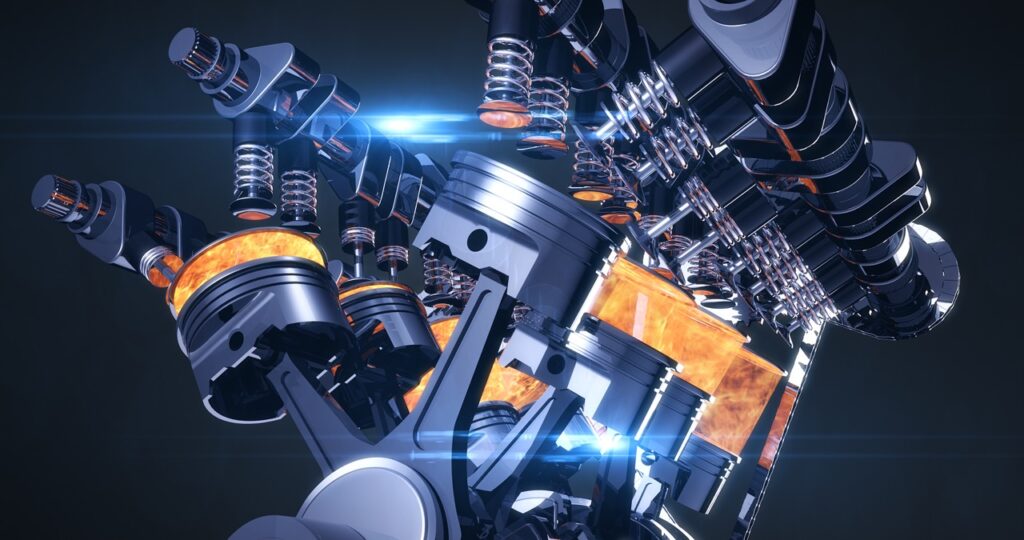If you’ve ever found yourself in the middle of a power outage, anxiously watching the clock and hoping your generator will hold out, you’re not alone. The burning question on everyone’s mind in such situations is, “How long will this generator run on a tank of gas?” Whether you’re prepping for a natural disaster, planning an outdoor event, or simply ensuring your business stays operational, understanding your generator’s runtime is crucial.
To provide a quick answer, the duration a generator runs on a tank of gas depends on several factors, including the generator’s size, the load it’s powering, and the type of fuel used. Generally, small portable generators can run for about 8-12 hours on a single tank, while larger industrial generators can run continuously for several days with appropriate refueling. source
Let’s dive deeper into the specifics and explore how you can maximize your generator’s efficiency and runtime.
What Factors Affect Generator Runtime?
Several factors influence how long a generator will run on a tank of gas. These include:
- Generator Size and Capacity: Smaller portable generators typically have smaller fuel tanks, which means shorter runtimes. In contrast, larger industrial generators have bigger tanks and can run for extended periods.
- Load: The more devices or appliances you connect to the generator, the more fuel it consumes. Running a generator at full load will deplete fuel faster than running it at half load.
- Fuel Type: Different fuels have varying energy densities. For example, diesel generators usually have a longer runtime than gasoline generators because diesel fuel has a higher energy content.

Understanding these factors can help you plan better and ensure you have enough fuel to last through power outages or planned usage.
How to Calculate Your Generator’s Runtime?
To estimate your generator’s runtime, you can use the following formula:
Runtime (hours) = Fuel Tank Capacity (gallons) / Fuel Consumption Rate (gallons per hour)
For instance, if your generator has a 5-gallon tank and consumes fuel at a rate of 0.5 gallons per hour, it would run for approximately 10 hours on a full tank.

Keep in mind that these calculations are estimates and actual runtime can vary based on the load and operating conditions.
How Does Load Impact Generator Efficiency?
The load you place on your generator significantly impacts its efficiency and runtime. Operating a generator at its maximum capacity will use fuel more quickly. On the other hand, running it at a lower load can prolong the runtime but might not be as fuel-efficient.
To optimize efficiency, aim to balance the load on your generator. Avoid overloading, as it can not only shorten runtime but also cause potential damage to the generator.
Are There Ways to Extend Generator Runtime?
Absolutely! Here are some practical tips to help you extend your generator’s runtime:
- Perform Regular Maintenance: Keeping your generator well-maintained ensures it runs efficiently. Regularly check and replace air filters, spark plugs, and oil.
- Use High-Quality Fuel: Poor-quality fuel can cause deposits and reduce efficiency. Always use the recommended fuel type for your generator.
- Reduce Load: Only power essential devices and appliances to minimize the load and extend runtime.

These steps not only help in extending the runtime but also in prolonging the life of your generator.
What About Different Types of Fuel?
Generators can run on various types of fuel, including gasoline, diesel, propane, and natural gas. Each fuel type has its pros and cons in terms of availability, storage, cost, and efficiency.
- Gasoline: Readily available but has a shorter shelf life and higher consumption rate.
- Diesel: More efficient and has a longer shelf life but can be harder to find during emergencies.
- Propane: Clean-burning and easy to store but may require larger tanks for long-term use.
- Natural Gas: Convenient for homes with existing gas lines but can be less efficient than other fuels.

Choosing the right fuel type for your needs can help maximize your generator’s efficiency and runtime.
What Are the Best Practices for Storing Fuel?
Proper fuel storage is crucial for ensuring your generator runs smoothly when you need it. Here are some best practices:
- Store in a Cool, Dry Place: Keep fuel away from direct sunlight and moisture to prevent degradation.
- Use Stabilizers: Adding fuel stabilizers can extend the shelf life of gasoline.
- Rotate Stock: Use older fuel first and replenish your supply regularly to ensure you always have fresh fuel.

By following these practices, you can ensure your generator has a reliable fuel supply when you need it most.
Conclusion
In summary, the runtime of a generator on a tank of gas varies based on several factors, including the generator’s size, load, and fuel type. By understanding these factors and implementing best practices for maintenance and fuel storage, you can ensure your generator runs efficiently and reliably during power outages or planned usage.
So, next time you’re preparing for an event or an emergency, you’ll have the peace of mind knowing exactly how long your generator can keep the lights on.
That’s it for now! Stay powered and prepared.

